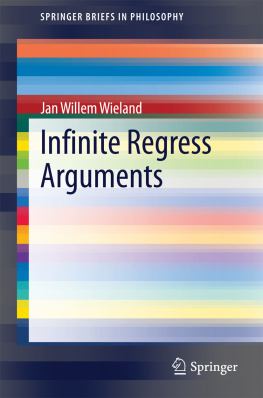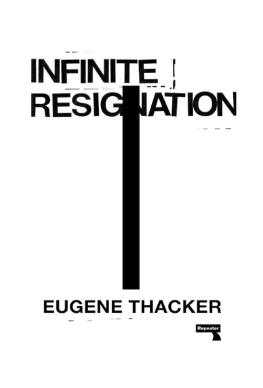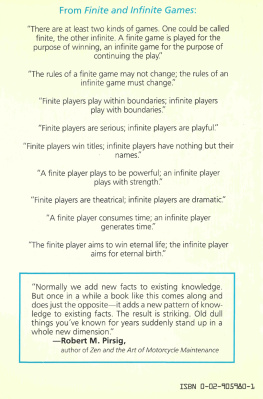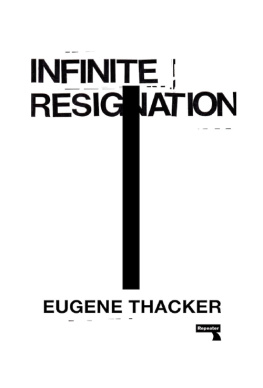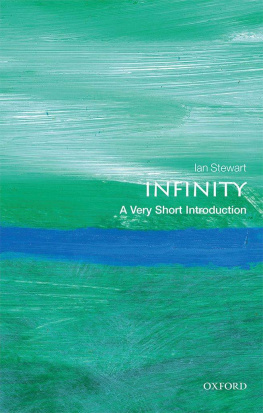1.1 Overview
Infinite regress arguments (henceforth IRAs) are powerful arguments and frequently used in all domains of philosophy. They play an important role in many debates in epistemology, ethics, philosophy of mind, philosophy of language, and metaphysics. In historical debates, they have been employed, for example, against the thesis that everything has a cause and against the thesis that everything of value is desired for the sake of something else. In present-day debates, they are used to invalidate certain theories of justification, certain theories of meaning, the thesis that knowledge-how requires knowledge-that, and many other things.
Indeed, there are infinite regresses of reasons, obligations, rules, relations and disputes, and all are supposed to have their own moral. Yet most of them are involved in controversy. Hence the question is: what exactly is an IRA, and how should such arguments be evaluated? This book answers these questions and is composed as follows:
introduces the topic, presents an overview of classic IRAs, and explains what we should expect from theories about IRAs.
summarize two theories of IRAs that have been presented in the literature: namely The Paradox Theory and The Failure Theory.
concern two case studies which illustrate the general insights about IRAs presented in the previous chapters in some detail.
This book is of metaphilosophical nature. It is about how philosophers can and should proceed in their inquiries. Indeed: what steps can and should philosophers take to defend their views? IRAs, then, are arguably one of the main philosophical argumentation techniques (that is, next to thought experiments).
The books ultimate aim is to make a difference to the philosophers practice. Particularly, the hope is that from now on disputes about any particular IRA (concerning what it establishes, or concerning whether it can be resisted) will be more clearly motivated, and indeed more clearly framed, in terms of the guidelines outlined in what follows.
I am grateful to many colleagues for advice. Special thanks go to: Arianna Betti, Bert Leuridan, Anna-Sofia Maurin, Francesco Orilia, Benjamin Schnieder, Maarten Van Dyck, Erik Weber, and Ren van Woudenberg. Thanks also to Jon Sozek for the language edit, to the Flemish and Dutch science foundations for financial support, and to the referees and editors of my articles on which this book is based (see Wieland ).
1.2 Two Examples
To introduce the topic, let us consider two classic examples: Juvenals guardians, and the ancient (yet timelessly relevant) Problem of the Criterion. Famously, the Roman poet Juvenal posed the question: But who will guard the guardians? ( Satire 6.O29-34). The IRA suggested by this question could be spelled out in two different ways:
Suppose you want to have your partner guarded so that he or she can no longer commit unfaithful acts. As a solution, you hire a guardian. Yet, as it happens with guardians, they cannot be trusted either. So a similar problem occurs: you want to have the guardian guarded. As a solution, you hire another guardian. Regress. Hence, hiring guardians is a bad solution to have your partner guarded.
Suppose that your partner is unreliable, that all unreliable persons are guarded by a guardian, and that all guardians are unreliable. This yields a regress which is absurd. Hence, either it is not the case that all unreliable persons are guarded by a guardian, or it is not the case that all guardians are unreliable.
In the second case, but not in the first, the notion of absurdity has an important role. The fact that a certain regress is absurd does not follow from assumptions that generate the regress, and has to be argued for independently. Moreover, if the regress is not absurd, then none of those assumptions have to be rejected. The differences between these reconstructions will become clear later on, yet, as we will see, in principle both are legitimate reconstructions. Here is the Problem of the Criterion drawn from the ancient sceptics, a well-known case that inspired many further similar problems:
In order to decide the dispute that has arisen [], we have need of an agreed-upon criterion by means of which we shall decide it; and in order to have an agreed-upon criterion it is necessary first to have decided the dispute about the criterion. [] If we wish to decide about the criterion by means of a criterion we force them into infinite regress. (Sextus, Outlines of Pyrrhonism , 2.1820)
Suppose, for example, that you want to settle a dispute about whether Juvenal had a wife. To do so, you introduce another proposition, such as that Juvenal has been banished his whole life and so could not have had a wife. Of course, this second proposition is disputable too. To settle that new dispute, you introduce a third proposition, say that the sources about Juvenals banishment are highly reliable. Of course, this third proposition is disputable too, and so on into the regress.
Generally, the setting is you have to decide whether a certain proposition p is true. You can do this critically, i.e. by a proof, or uncritically. If you do it uncritically, then your decision is arbitrary and will be discredited. But if you do it critically and use a criterion c1 to decide whether p is true, you need first to decide whether c1 correctly rules what is true and what is not. Again, there are two options: you can do this critically, or not. If the latter, your decision will be discredited. So you do it critically, and refer to a meta-criterion c2 which determines what criteria correctly determine what is true and what is not. But now you need first to decide whether c2 correctly determines the correct criteria. Again, you can do this critically, or not. And so on.
Again, the pattern can be described in two, slightly different ways:
Suppose you want to settle the dispute about some issue. As a solution, you introduce a criterion on the basis of which it can be settled. Yet, that criterion is disputable too. So a similar problem occurs: you want to settle the dispute about that criterion. As a solution, you introduce another criterion. Regress.
Suppose that at least one dispute is settled, that disputes are settled only if there is an agreed-upon criterion on the basis of which they are settled, and that there are agreed-upon criteria only if the disputes about them are settled. Regress.
Now the question is what conclusion should be drawn from such a regress of criteria. Does it follow that one cannot settle all disputes? Or that one cannot settle even one dispute? The second conclusion is clearly stronger than the first: if one fails to settle all disputes, one might still settle many of them; yet if one fails to settle any dispute, one automatically fails to settle all of them. As we will see in this book, there are in fact four possible conclusions IRAs can have (and all require their own kind of support):

